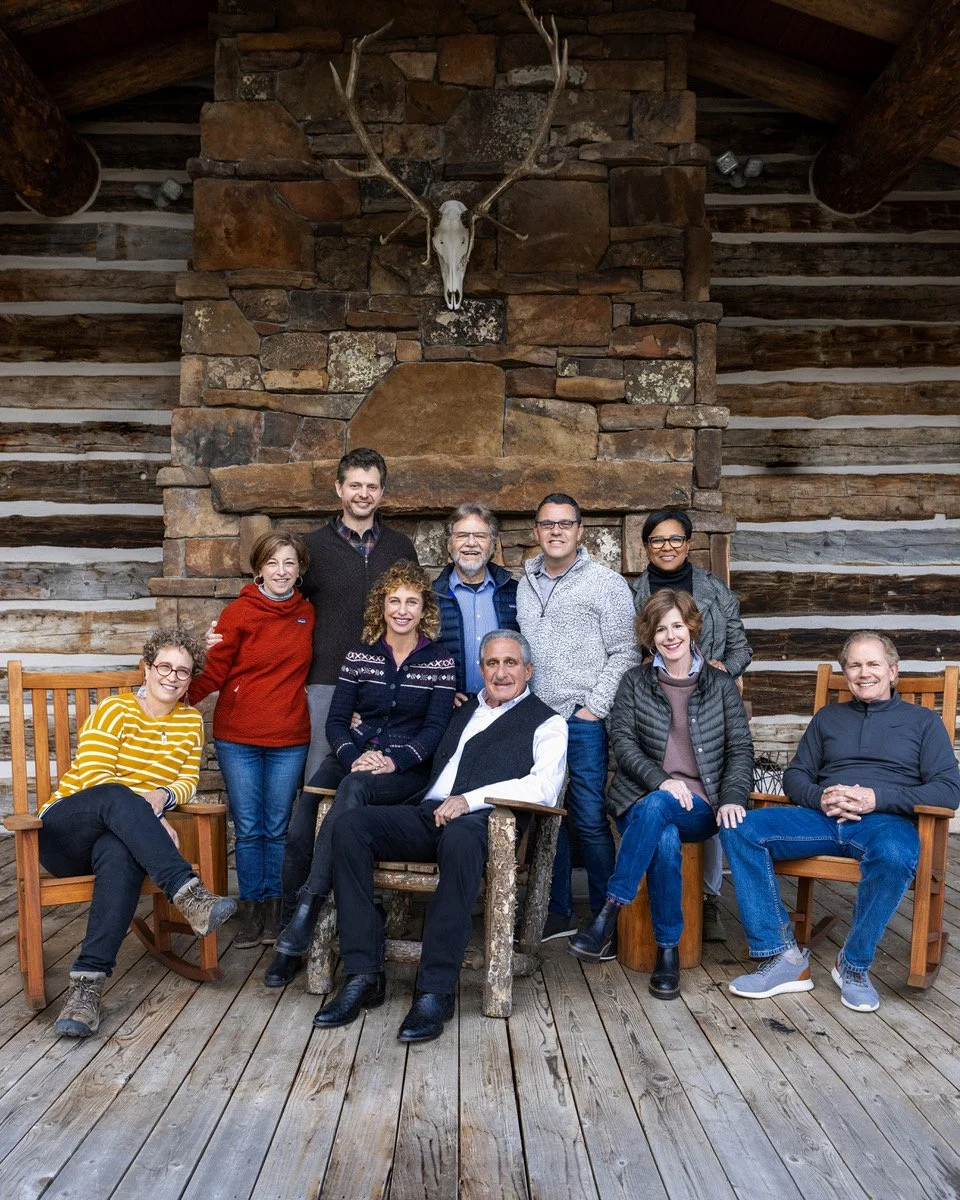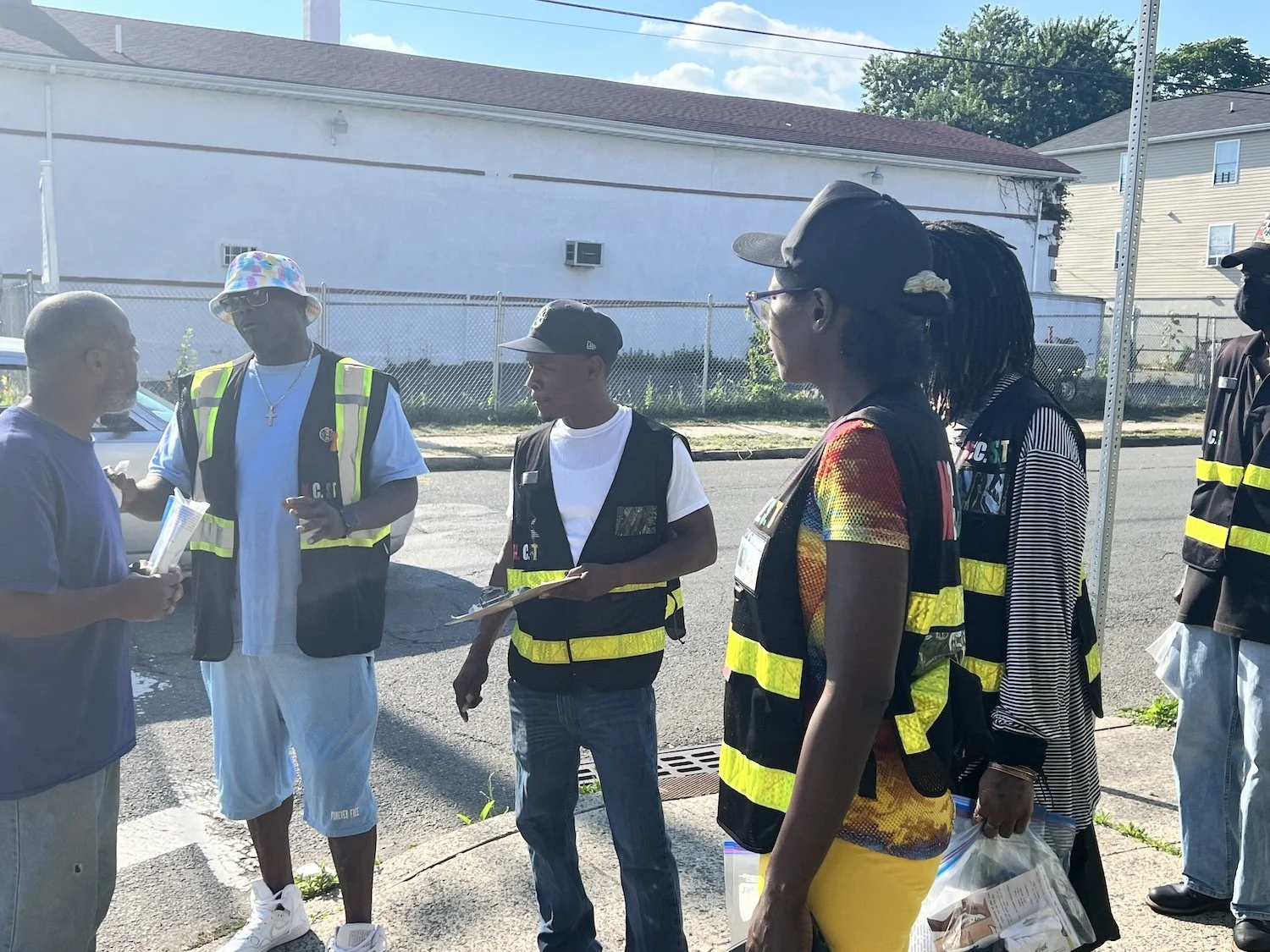Who's Backing a Long-Shot Effort to Fundamentally Reform American Voting?
/One of the striking things about philanthropy is that donors can help establish a beachhead for ideas that were once unpopular, or simply disregarded. Marriage equality is a recent example. Going back a little further, so is the right’s highly effective policy campaign to knock off the federal welfare entitlement. Working these leverage points is always a bet: There’s the ever-present risk of nothing to show for millions spent. But with so much of "society's risk capital" floating around these days, and much of it coming from winners in tech and finance, where risk-taking is a key to success, more donors are willing to roll the dice on ideas from outside the mainstream.
Elections and voting is one niche where long marginalized ideas are attracting new funding. A case in point is the recent change in fortunes of FairVote, an organization led by Rob Richie that champions election reforms. Richie has been an evangelist for ranked choice voting and instant runoff, as well as "fair representation voting" for decades, plugging away with modest resources and enduring a lot of blank looks along the way as he pushed ideas that, as FairVote puts it, "give voters more voice and greater choice in their elections." In 2011 and 2012, the group reported only around $300,000 in annual revenue.
But amid growing worries about the problems in U.S. democracy, there's growing interest in FairVote's ideas and an influx of funding to the organization. The Laura and John Arnold Foundation has been its biggest benefactor, with over $4 million in grants commitments as part of its ambitious quest to back ideas that can "produce sustainable and scalable solutions that result in transformational change." Fostering greater public accountability is among LJAF's core goals. The Hewlett Foundation has made over $2 million in grants to FairVote since 2014, when it launched its Madison Initiative to address polarization—hoping, among other things, to change electoral rules that lead to ideological extremism in Congress. The Democracy Fund, which is backed by Pierre Omidyar, is another of FairVote's funders.
The newest funder in the democracy space is the Open Philanthropy Project, a giving vehicle backed by Dustin Moskovitz and Cari Tuna’s Facebook fortune. OPP began as a partnership between the couple’s Good Ventures and GiveWell. It became an independent organization in June of 2017, but still derives most of its funding from Moskovitz and Tuna. In its quest for particularly effective grantmaking, OPP often focuses on areas like global health, where philanthropy can do a lot of good quickly. But riskier ventures like policy reform are also on its radar. OPP describes itself as "open to supporting high-risk, high-reward work, as well as work that could take a long time to pay off."
In an interesting instance of this long-shot grantmaking, OPP touched off 2018 with $600,000 in general operating support for a little policy shop called the Center for Election Science. While the amount itself isn’t eye-popping, it's certainly a big deal for CES, which reported total revenues of only about $50,000 in 2016. The grant, it says, will “fundamentally change CES’s capacity, [allowing] it to more directly advance its mission of empowering the public through better voting methods. This happens at a critical point when voters’ ability to intelligently elect qualified people to office becomes more paramount with each passing election.”
It’s not surprising to see CES include an oblique reference to what many feel is American democracy’s embattled state. Like Rob Richie, CES's executive director Aaron Hamlin is a vocal opponent of plurality voting, the dominant system in which one person gives one candidate one vote. Instead, CES favors approval voting, an alternative method that lets voters choose more than one candidate on a single ballot. Victory goes to the candidate with the most votes overall. (Click here to read how approval rating differs from other reform ideas like ranked choice voting.)
According to CES, approval voting addresses the “lesser of two evils” dilemma many voters confronted in 2016. By choosing, say, Hillary Clinton and Bernie Sanders (had he run as an independent in the general election), a left-leaning voter could express a preference for Sanders while also throwing up a bulwark against Donald Trump. As Hamlin put it in a piece on alternative voting methods, “This vote-for-however-many-you-want feature means voters can support their honest favorite no matter what. And that creates opportunity for more representative winners as well as better candidates.”
In the lead-up to the 2018 midterms, elections are working their way back into the news. Redistricting has made waves, with several big gerrymandering cases set to come before the Supreme Court this term. But CES will be starting local in Fargo, North Dakota, which is considering a switch to approval voting for its city elections. That’s a pretty modest beginning, but CES wants to use Fargo as a springboard to larger cities, states, and beyond.
If approval voting ever catches on—and that’s a big if—it would pose an obvious challenge to the two-party lock on American politics. Assuming that’s a desirable outcome, OPP’s seed money will have paid major dividends. It changed CES's prospects regardless, with the organization now advertising for operations and development staff. According to a press release, the grant will also secure Hamlin’s position.
It’s worth noting that OPP’s “grant investigator” in this case was Will MacAskill, an intellectual who spearheaded the (sometimes controversial) effective altruism movement. While MacAskill isn’t a full-time employee of OPP, the organization brought him on to conduct an initial investigation of CES and its needs.
MacAskill argued that there’s “a strong case that approval voting is the best alternative voting system to campaign for, based both on the mathematical properties of the system and its simplicity.” OPP considers itself an effective altruist organization, at least in the sense that its goal is “improving others’ lives as much as we can.”
Given the dissatisfaction many Americans feel with our democracy, its not surprising to see the new money flowing to this field in search of better ways to do things. Living donors and legacy funders alike are making interesting moves in this space. Last year, we reported on a grant by the Hewlett and Joyce foundations to establish MIT’s Election Data and Science Lab, a place for independent analysis of how elections are administered. Meanwhile, other donors like scratch-off lottery inventor John Koza have dedicated millions to (seemingly) long-shot efforts like ending the Electoral College.
Most of these reforms could probably muster broad support these days. But they still need to navigate a treacherous political field where anything that appears momentarily favorable to one side will be excoriated by the other.
Related:







































